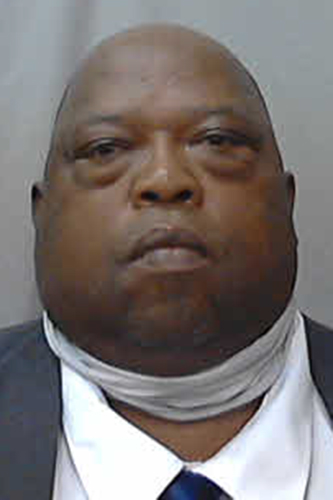
The Office of the Chief Justice (OCJ) spent its 2016/17 budget within the allocated amount and there was no overspending, Members of the National Assembly (NA) heard from the Minister of Justice and Correctional Services, Mr Michael Masutha, when he presented the OCJ’s budget vote yesterday.
Mr Masutha told the NA MPs that the OCJ had an unqualified audit outcome on its financial statements in the maiden year of operating the budget vote. “This should be commended,” he said. Over the three-year medium-term expenditure framework period, the OCJ was allocated a total budget of R6,32 billion. He said for the 2017/18 financial year the allocated budget is R1,984 billion, of which R966 million is allocated to the remuneration and benefits of judges.
“I acknowledge the tight fiscal environment within which the country currently operates and the difficult decisions that the National Treasury needs to make to divide the limited resources against competing priorities of the government,” said Mr Masutha.
In supporting the OCJ budget vote, the Chairperson of the Portfolio Committee on Justice and Correctional Services, Dr Mathole Motshekga, said while the Committee is acutely aware of the need for fiscal restraint it is extremely concerned about how the present funding constraints will impact on the OCJ’s ability to deliver administrative, operational and governance support to the judiciary.
“Of particular concern is the impact of the ceiling in the salaries budget on the implementation of the Superior Court Act. During the 2017/18 budgetary process, National Treasury implemented a ceiling on the budgets of all state entities,” said Dr Motshekga. The effect of the current year’s ceiling of R615 million, he said, is a projected budget shortfall of R16.2 million in 2018/19 and R20.9 million 2019/20.
Nonetheless, having considered the Budget Vote 22: OJC and Judicial Administration, Dr Motshekga said his Committee supports it and recommends that it be approved. He said the Committee further recommends that additional funds are made available to the OCJ for the operationalisation of the Superior Courts Act 2013, in particular for additional capacity to the Judge Presidents for judicial functions.
Mr Nthako Matiase of the Economic Freedom Fighters supported the Budget Vote 22. He said South Africa is not a parliamentary democracy, but a constitutional one. “We are here to contribute in a budget debate of one of the most precious of all state institutions, the judicial arm the OJC.”
He said South Africans must do everything in their power to protect the country from descending into the junk of lawlessness and syndicalised criminal impunity. “We must build, strengthen and enhance judicial independence because judicial independence equals national sovereignty.”
The National Freedom Party (NFP) also welcomed and supported the Budget Vote 22. The NFP’s Mr Sibusiso Mncwabe said: “The judiciary is an integrated constitutionally mandated pillar of government in South Africa and its independence is crucial for the proper functioning and execution of its mandate. “It is within this context that the NFP welcomes the budget allocation tabled here today.”
In welcoming and supporting the Budget Vote of the OCJ, Mr Narend Singh of the Inkatha Freedom Party told the NA MPs that he was privileged to serve on the Judicial Services Commission, which is chaired by the Chief Justice and is responsible for ensuring that competent judges are appointed. “It remains untarnished by politics and this is testament to the character and integrity of both its chair and members. May this practice continue,” Mr Singh said.
The Congress of the People’s (Cope) Ms Deidre Carter also supported the budget vote of the OJC, highlighting the fact that Cope stands in solidarity with the OCJ. In particular, she said that after the office of the OCJ was broken into, Cope supports a recent OCJ statement that it “will continue to be fearless in its approach to promote the rule of law and safeguard its independence”.
Ms Glynis Breytenbach of the Democratic Alliance (DA) rejected the Budget Vote of the OCJ. Among the grounds on which the DA rejected the Budget Vote was that President Jacob Zuma is supposed to be the guardian of the constitutional democracy, but laughs at it when he displays “his total inability to understand the role of the judiciary in scrutinising all exercise of public power”.
Mava Lukani
18 May 2017

